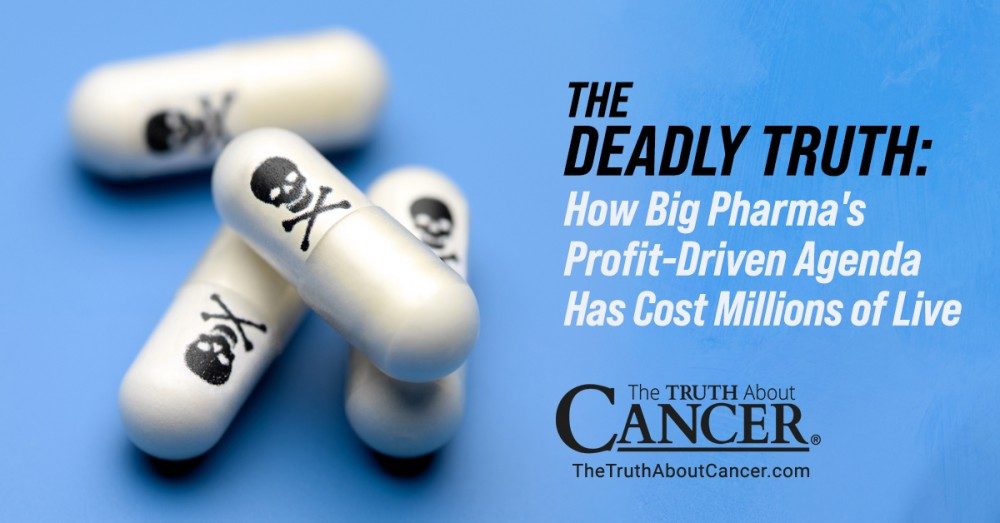We put our trust in the pharmaceutical industry to provide us with safe and effective medications to help us live healthier lives. However, behind the facade of innovative medical advancements lies a sordid history of deceit, manipulation, and a relentless pursuit of profit at the expense of public health. This article will expose the dark side of Big Pharma, shedding light on the injuries and deaths caused by an industry that prioritizes profit over patients. It will detail the numerous settlements and judgments levied against these companies and the shocking extent of their corrupt practices.
The Opioid Crisis: A Manufactured Epidemic
The opioid crisis has ravaged the United States, claiming hundreds of thousands of lives and leaving countless families shattered. This epidemic can be traced back to the pharmaceutical industry’s aggressive marketing of prescription opioids, which downplayed their addictive potential and exaggerated their benefits.
Purdue Pharma, the maker of OxyContin, has faced numerous lawsuits and settlements for its role in fueling the opioid crisis. In 2007, the company and three of its executives pleaded guilty to misleading regulators, doctors, and patients about the drug’s risk of addiction and potential for abuse. They were ordered to pay $634.5 million in fines. In 2020, Purdue Pharma agreed to an $8.3 billion settlement, admitting to enabling the supply of drugs to providers despite knowing they were being used for illegal purposes.
Vioxx: Profits Over Safety
Merck’s painkiller Vioxx was hailed as a breakthrough drug when it hit the market in 1999. However, it was soon linked to increased risks of heart attack and stroke. Merck was accused of hiding the risks associated with Vioxx, leading to the deaths of tens of thousands of patients.
In 2004, Vioxx was pulled from the market, and Merck faced a wave of lawsuits. In 2007, the company agreed to a $4.85 billion settlement to resolve thousands of cases filed by patients and their families. Merck’s prioritization of profits over safety cost countless lives and shattered the trust patients placed in the pharmaceutical industry.
Risperdal: Deceptive Marketing and Unreported Side Effects
Johnson & Johnson’s antipsychotic drug Risperdal has been linked to severe side effects, including gynecomastia, a condition causing breast growth in males. The company was accused of promoting the drug for unapproved uses, downplaying the risks, and withholding information about its side effects.
In 2012, Johnson & Johnson agreed to a $2.2 billion settlement with the U.S. Department of Justice over its marketing practices for Risperdal and two other drugs. The company’s willingness to deceive patients and medical professionals about the risks of its drugs showcases the lengths Big Pharma will go to maximize profits.
Avandia: A Risky Prescription for Diabetes
GlaxoSmithKline’s diabetes drug Avandia was once a blockbuster medication, but it was later found to significantly increase the risk of heart attacks and strokes. The company was accused of suppressing negative study results and misleading doctors and patients about the drug’s safety.
In 2010, GlaxoSmithKline agreed to pay $460 million to settle thousands of lawsuits filed by patients who suffered heart attacks or strokes after taking Avandia. The drug’s sales plummeted, and in 2011, it was severely restricted in the U.S. and banned in Europe. The Avandia scandal further eroded public trust in the pharmaceutical industry’s commitment to patient safety.
The Antidepressant Controversy: Hidden Risks for Youth
Several antidepressants, including Prozac (manufactured by Eli Lilly), Paxil (GlaxoSmithKline), and Zoloft (Pfizer), have come under scrutiny for their link to an increased risk of suicidal thoughts and behavior in children and adolescents. These companies have been accused of hiding negative study results, downplaying the risks, and aggressively marketing their drugs for use in young patients.
In 2004, the U.S. Food and Drug Administration (FDA) issued a “black box” warning for antidepressants, the strongest warning possible, highlighting the increased risk of suicidal thoughts and behaviors in young patients. Multiple lawsuits have been filed against these pharmaceutical giants, and settlements have been reached, costing the companies millions of dollars. The scandal surrounding these antidepressants has raised questions about the lengths Big Pharma will go to protect their profits, even at the expense of vulnerable young patients.
Conclusion
The sordid history of our trusted pharmaceutical companies and institutions reveals a disturbing pattern of deception, manipulation, and a relentless pursuit of profit at the expense of human lives. The numerous settlements and judgments levied against these companies are a testament to the devastating impact of their unscrupulous practices on public health.
As consumers and patients, we must remain vigilant and informed about the medications we take and the companies that manufacture them. It is crucial to advocate for increased transparency, stringent regulations, and unbiased research to hold the pharmaceutical industry accountable for its actions. Our health, and the health of future generations, depends on our ability to challenge Big Pharma’s profit-driven agenda and demand a system that truly prioritizes patients over profits.



















THANKS!!